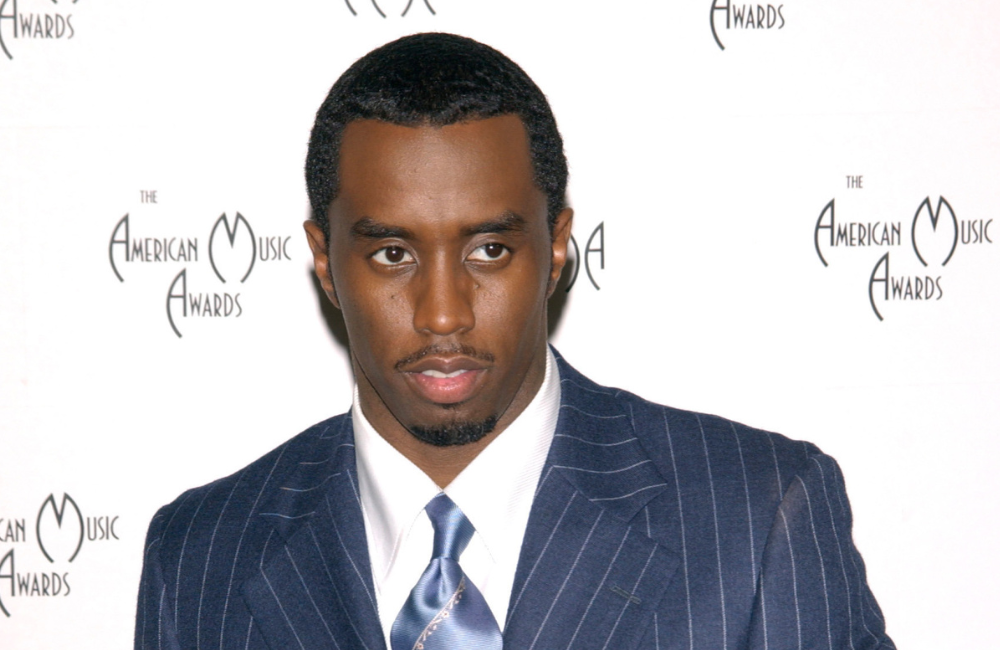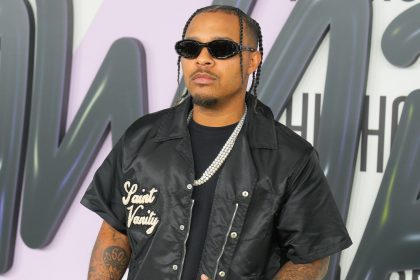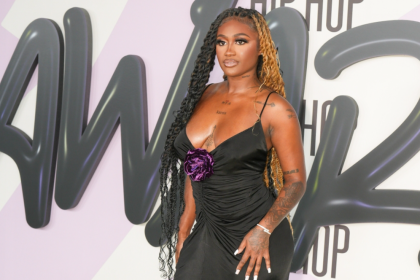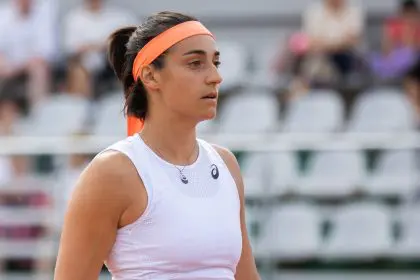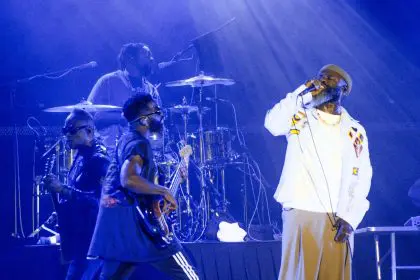The federal trial of Sean “Diddy” Combs hit an unexpected roadblock when deliberations were suspended after jurors raised concerns about a colleague’s ability to follow court instructions, adding fresh uncertainty to the closely watched criminal proceedings.
Deliberations in the racketeering and sex trafficking case against the music mogul were halted after the jury sent a note to U.S. District Judge Arun Subramanian expressing doubts about Juror 25’s capacity to deliberate effectively.
The jury informed the court that they believed Juror 25 could not follow the judge’s instructions, according to court records. The specific nature of the juror’s objections remains undisclosed, though the problematic panelist has been identified as a 51-year-old man with advanced degrees in molecular biology and veterinary science.
Serious charges at stake
Combs faces five federal charges, including two counts of sex trafficking and one count of racketeering conspiracy. A conviction on all counts could result in a life sentence for the 55-year-old entertainment mogul.
Federal prosecutors allege Combs led a criminal enterprise that used violence, threats and coercion to fulfill his sexual desires and protect his reputation. The indictment claims he orchestrated elaborate sexual performances and recorded them for leverage against participants.
Combs has remained in federal custody at Brooklyn’s Metropolitan Detention Center since his September arrest, after being denied bail multiple times due to flight risk and potential witness tampering concerns.
Jury complications continue
This marks the second juror-related issue in the Combs trial. Earlier in the proceedings, another panelist was dismissed over residency questions, highlighting the challenges of maintaining jury integrity in high-profile celebrity cases.
Federal criminal cases require unanimous verdicts, meaning all jurors must agree on guilt or innocence for each charge. The inability of even one juror to participate effectively can derail the entire process.
Legal experts note that when a jury questions a colleague’s ability to deliberate fairly, it creates significant procedural challenges. The judge must balance the need for unanimous decision-making with ensuring every juror can fulfill their constitutional duties.
Defense under pressure
Combs’ legal team, led by defense attorney Marc Agnifilo, has consistently maintained their client’s innocence, arguing that any sexual activity was consensual and that prosecutors have misconstrued business relationships as criminal conspiracy.
The jury deliberation suspension adds pressure to a defense strategy that has focused on challenging the credibility of prosecution witnesses and questioning the government’s interpretation of evidence.
High-profile trial challenges
The case against Combs represents one of the most significant prosecutions of an entertainment industry figure in recent years. The trial has proceeded under extraordinary security measures typical of federal racketeering cases, with strict media guidelines and enhanced screening procedures for spectators.
Beyond the immediate legal consequences for Combs, the trial has sparked broader conversations about power dynamics in the music industry and the treatment of sexual assault allegations against prominent figures.
What happens next
Judge Subramanian has instructed the remaining jurors to continue their deliberations while court officials assess the situation with Juror 25. Several possible outcomes exist, including replacing the problematic juror with an alternate or, in extreme cases, declaring a mistrial.
The timeline for resolution remains unclear, though federal courts typically move quickly to address jury composition issues to avoid prolonged uncertainty.
Legal scholars note that juror concerns in celebrity cases often reflect broader societal debates surrounding the charges, making it particularly difficult to maintain the isolation necessary for impartial deliberation.
The Combs case exemplifies the unique challenges federal courts face when prosecuting high-profile defendants. The intersection of celebrity status, serious criminal allegations and intense media coverage creates a complex environment for ensuring fair proceedings.
As the legal process continues, the entertainment industry and advocacy groups monitoring the case await resolution of both the immediate jury issue and the broader questions of accountability it represents. The outcome could influence how federal courts handle similar cases involving prominent defendants in an era of heightened public awareness around sexual assault and abuse of power allegations.

